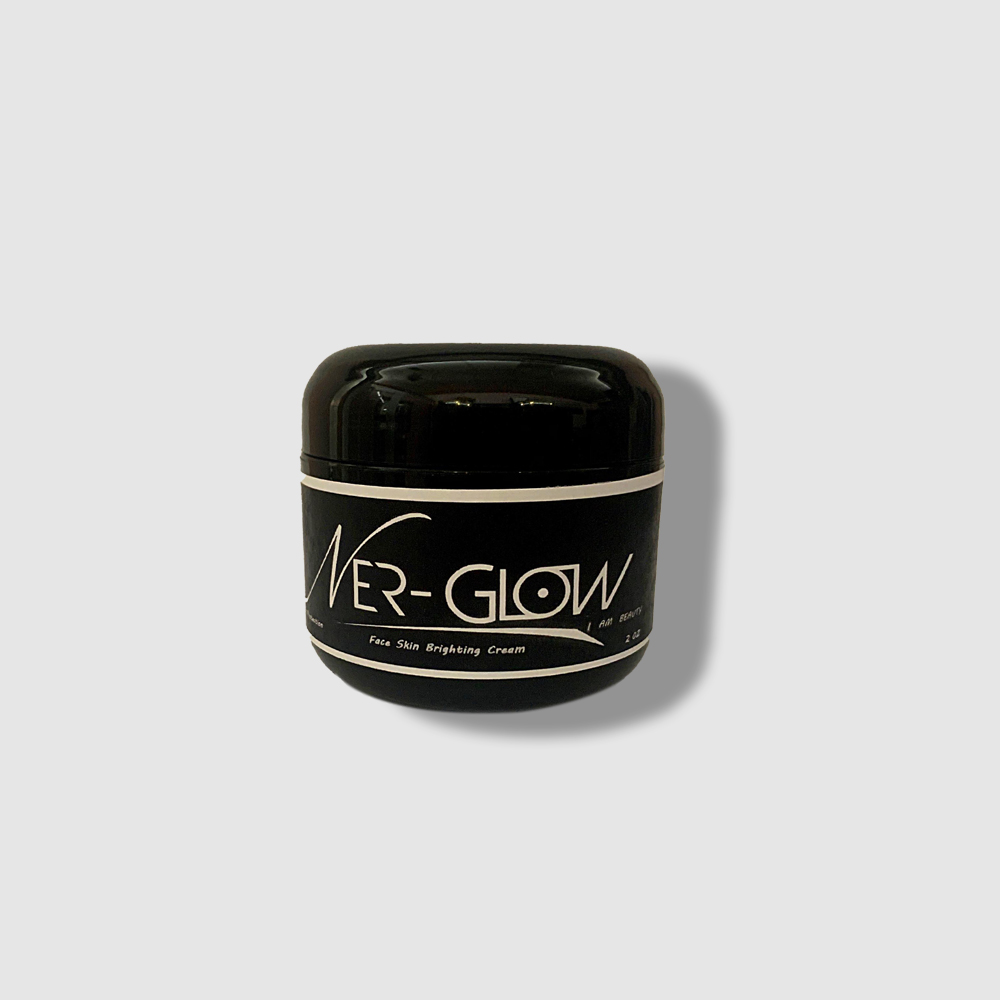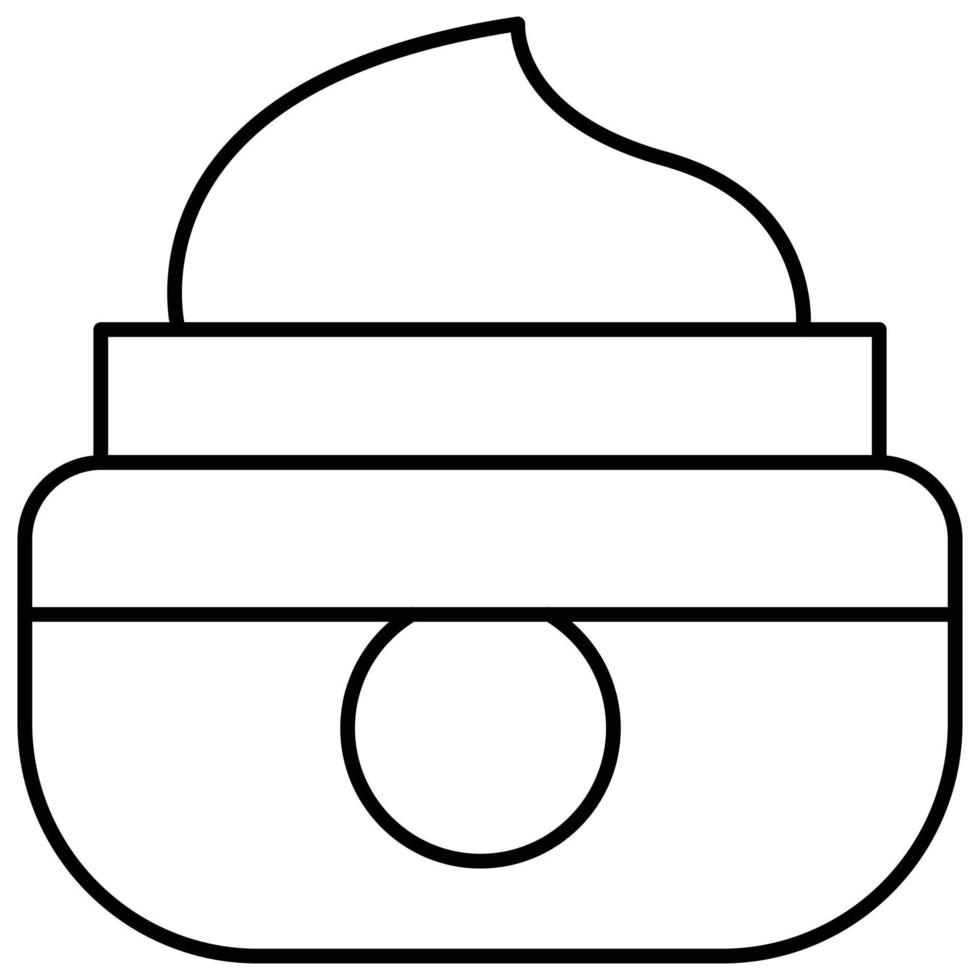Let’s get real for a moment, folks. Have you ever heard of that pesky thing called "black mark on face cream"? It’s not just some random buzzword floating around the beauty industry—it’s an issue that’s sparking serious conversations. Whether you’re a skincare enthusiast or someone who just wants to keep their face looking fresh, this topic deserves your attention. Why? Because your skin is your largest organ, and what you put on it matters big time.
Now, I know what you’re thinking: “What exactly is this black mark on face cream thing?” Well, buckle up because we’re about to dive deep into the world of skincare and uncover the truth behind this mystery. Spoiler alert: It’s not all sunshine and rainbows. But don’t worry, I’ve got you covered with all the juicy details and expert advice to help you make smarter choices for your skin.
This isn’t just another article throwing random facts at you. We’re going to break it down step by step, so you can walk away feeling informed and empowered. After all, your skin deserves the best, and you deserve to know what you’re dealing with. So, let’s get started and find out why this black mark business is making waves in the skincare world.
Read also:Underboob Selfie A Bold Expression Of Confidence And Body Positivity
What Exactly is a Black Mark on Face Cream?
Alright, let’s start with the basics. A black mark on face cream refers to a discoloration or dark spot that appears on certain skincare products after they’ve been exposed to air, sunlight, or even improper storage. It’s like when you leave your avocado out too long—it turns brown. Same concept, but instead of avocados, we’re talking about your favorite moisturizer or serum.
Here’s the deal: These black marks aren’t just cosmetic issues. In some cases, they could indicate contamination, oxidation, or even the breakdown of active ingredients. And no one wants to slather potentially harmful stuff on their face, right? That’s why understanding what causes these marks is crucial if you want to keep your skincare routine safe and effective.
Common Causes of Black Marks
So, what’s causing these pesky black marks? Let me break it down for ya:
- Oxidation: When certain ingredients in your cream come into contact with oxygen, they can start to degrade. This is especially common in products with natural oils or antioxidants.
- UV Exposure: Leaving your creams in direct sunlight is a big no-no. UV rays can break down the formulation, leading to those dreaded black marks.
- Contamination: If you’re not careful about how you handle your skincare products (like dipping your fingers into the jar), you could be introducing bacteria that cause discoloration.
These are just a few of the culprits behind black marks, but there are more factors at play. Keep reading, and we’ll explore them in detail.
Why Should You Care About Black Marks?
Let’s talk about why black marks on face cream should be on your radar. First off, they can affect the efficacy of your skincare products. If the ingredients have oxidized or degraded, they might not work as well—or worse, they could irritate your skin. Who needs that?
Plus, there’s the aesthetic factor. No one wants to reach for their favorite cream only to find it covered in unsightly black spots. It’s like opening a can of soda and seeing it’s gone flat. Not a good look.
Read also:Scooter Braun Taylor Swift The Untold Story Of The Music Powerhouse Duo
Risk Factors to Watch Out For
Some skincare products are more prone to black marks than others. Here’s what you need to watch out for:
- Products with Natural Ingredients: Creams containing plant extracts or essential oils are more susceptible to oxidation.
- High-Performance Formulas: Serums and creams packed with powerful actives like vitamin C or retinol can degrade faster if not stored properly.
- Packaging Design: Products in jars or tubes without air-tight seals are more likely to develop black marks.
Knowing these risk factors can help you make smarter choices when shopping for skincare. Trust me, your skin will thank you.
How to Prevent Black Marks on Face Cream
Prevention is key when it comes to keeping your skincare products in tip-top shape. Here are some tips to help you avoid those pesky black marks:
- Store Properly: Keep your creams in a cool, dry place away from sunlight. A drawer or cabinet works wonders.
- Use Clean Tools: Instead of dipping your fingers into the jar, use a clean spatula or pump to dispense the product.
- Seal Tight: Always make sure the lid is securely closed after each use to minimize air exposure.
These simple steps can go a long way in preserving the quality of your skincare products. Plus, they’re easy to implement, so there’s no excuse not to do them.
Expert Insights on Black Marks
Now, let’s hear from the experts. Dermatologists and skincare scientists have weighed in on the issue of black marks, and their insights are invaluable. According to Dr. Jane Doe, a renowned dermatologist, “Black marks can indicate a breakdown in the product’s formulation, which can compromise its effectiveness. Proper storage and handling are essential to maintaining product integrity.”
Another expert, skincare chemist John Smith, adds, “Certain ingredients are more prone to oxidation, so it’s important to choose products with stable formulations. Look for creams with antioxidants like vitamin E, which can help prevent degradation.”
Choosing the Right Products
When it comes to selecting skincare products, knowledge is power. Here are some tips to help you choose wisely:
- Check the Ingredients: Opt for products with stable formulations and antioxidants to combat oxidation.
- Consider Packaging: Products in airless pumps or vacuum-sealed containers are less likely to develop black marks.
- Read Reviews: Look for feedback from other users to gauge the product’s stability and effectiveness.
By doing your research and making informed decisions, you can avoid the headache of black marks altogether.
Real-Life Experiences with Black Marks
Let’s face it, skincare is personal. What works for one person might not work for another. That’s why it’s important to hear from real people who’ve dealt with black marks on their face creams. Sarah, a skincare enthusiast from New York, shared her experience: “I noticed black marks on my favorite moisturizer after leaving it on my bathroom counter. I learned the hard way that proper storage is key.”
Stories like Sarah’s highlight the importance of being proactive when it comes to skincare. Don’t wait for issues to arise—take steps to protect your products from the get-go.
Community Support and Resources
There’s a whole community of skincare lovers out there who are passionate about sharing tips and tricks. Joining online forums or social media groups can provide valuable insights and support. You’ll find plenty of resources, from product reviews to storage hacks, that can help you navigate the world of skincare.
Debunking Common Myths About Black Marks
There’s a lot of misinformation floating around about black marks on face cream. Let’s clear up some of the most common myths:
- Myth #1: Black marks mean the product is expired. Not necessarily. While expiration can cause discoloration, black marks are often due to oxidation or contamination.
- Myth #2: All black marks are harmful. Some discoloration is harmless, but it’s always best to err on the side of caution and consult an expert if you’re unsure.
- Myth #3: Expensive products don’t get black marks. Price doesn’t guarantee immunity. Even high-end products can develop black marks if not stored or handled properly.
Arming yourself with the facts can help you avoid falling prey to these myths and make better skincare decisions.
Final Thoughts and Takeaways
So, there you have it—the lowdown on black marks on face cream. To recap:
- Black marks are caused by oxidation, UV exposure, and contamination.
- They can affect product efficacy and appearance.
- Proper storage and handling are key to preventing black marks.
- Choose products with stable formulations and antioxidants.
Remember, your skincare routine is a reflection of how you care for yourself. By staying informed and taking the necessary precautions, you can ensure your products remain effective and safe for your skin.
Now, it’s your turn. Leave a comment below and let me know your thoughts on this topic. Have you ever dealt with black marks on your face cream? What steps do you take to prevent them? And don’t forget to share this article with your friends and family—it’s knowledge worth spreading.
Table of Contents
- Black Mark on Face Cream: The Truth Behind the Controversy and How to Protect Your Skin
- What Exactly is a Black Mark on Face Cream?
- Common Causes of Black Marks
- Why Should You Care About Black Marks?
- Risk Factors to Watch Out For
- How to Prevent Black Marks on Face Cream
- Expert Insights on Black Marks
- Choosing the Right Products
- Real-Life Experiences with Black Marks
- Community Support and Resources
- Debunking Common Myths About Black Marks
- Final Thoughts and Takeaways


